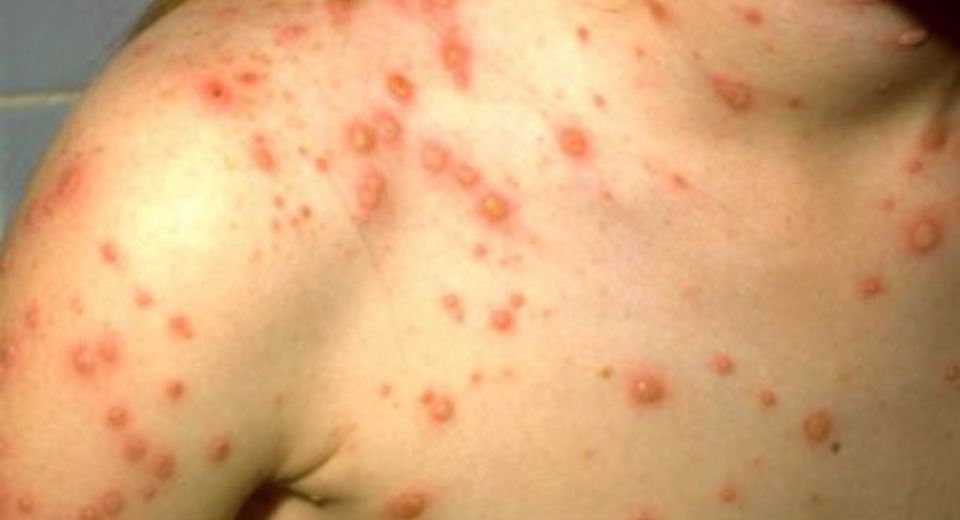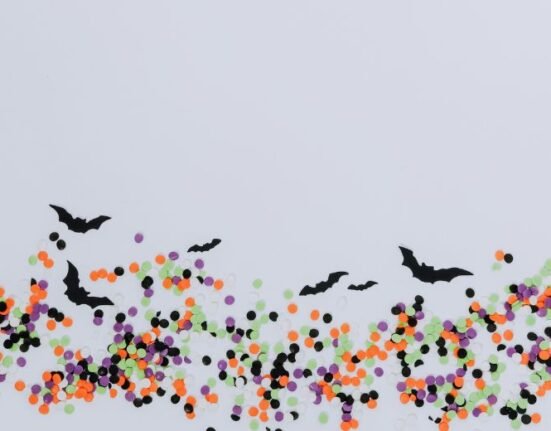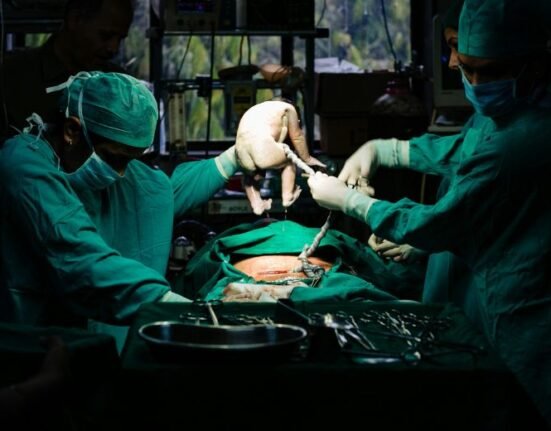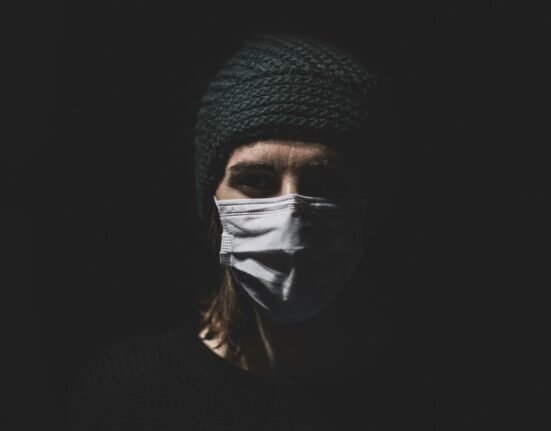By K. Leelamoni
April 2, 2024: India’s National Institute of Virology reported a variant of the chickenpox virus in September 2023 called Clade 9.
While other variants like Clade 1 and Clade 5 have been previously reported in India, it is the first time the Clade 9 variant has been detected. Clade 9 is a genetic variant of the varicella-zoster virus (VZV) that has been circulating in Europe and the US for several years accounting for 90% of cases in these regions.
Since this variant is almost similar to the current strains of chicken pox in its epidemiological features, and since the current vaccine is reported to be effective against Clade 9, there is no need for any alarm at present.
There is an urgent need to strengthen the monitoring and surveillance of infections in the country.
Before 1995 when the chicken pox vaccine was not available in the US about 4 million cases were reported of which over 10,500 were hospitalised and about 100-150 died each year.
Highly contagious
Since the chickenpox vaccination programme began in the US, there has been a 97% decrease in cases and hospitalisation and deaths have become rare.
However in India, since the chicken pox vaccine is not a part of the Universal Immunisation Programme outbreaks of the disease continue to occur in the unvaccinated population. There has been a reported surge in the cases of chickenpox in many states in the last few months.
Chickenpox is an acutely contagious disease caused by the VZV. If one person has chicken pox, up to 90% of those close to that person, who are not immune, will also become infected.
During the pre-eruptive stage, there is a sudden onset of fever, headache and body aches lasting for about a day. Fever comes down by the second day when the rashes or skin lesions appear.
In the eruptive stage rashes usually appear first on the chest and back and then spread to the face, neck and extremities. Rashes can be seen in the mouth, eyelids and also genital areas.
Macules to papules
Rashes appear first as macules — a colour change that is not raised or depressed compared to the skin surface — or red spots that develop into papules or blisters and that become vesicles when filled with clear fluid.
Itching may be present. Rashes of different types can be seen on the same day in different parts of the body. This characteristic feature of chicken pox is called pleomorphism. Within one week the skin lesions dry up and scabs are formed. Scabs are not infective since they do not contain the virus.
Transmission is through the air through the infected droplets from the nasopharyngeal secretions of the patient. Direct contact with the body of the patient also transmits the infection.
From the time the virus enters the body of a person, symptoms appear from 14-21 days of exposure.
The virus can survive for several hours in the air and hence it is possible to infect a person by being in a room with a patient even for a short period. On clothes, other surfaces and inanimate objects the virus survives only for a short period of about two hours.
Serious in children
Though a self-limiting disease, it can be serious in pregnancy, children, adolescents and adults, especially in those with a weakened immune system like those on chemotherapy and long-term use of steroids.
Complications like bacterial infection of the rashes, pneumonia, encephalitis and sepsis can occur. Some patients after recovery can manifest herpes zoster after several years due to reactivation of the latent virus.
The best way to prevent chicken pox or varicella is by vaccination.
Active immunisation by varicella vaccine is recommended for children and non-infected adults. Though a majority of the vaccinated children are protected some may develop a “ breakthrough chicken pox “ despite being vaccinated. But the good news is that these infections are usually very mild.
Even after exposure to an infected person vaccination within three days can prevent the disease or make the disease less severe. Also, it will protect the person from future infection with the VZV.
No Aspirin
Specific antiviral drugs like acyclovir are effective in reducing the severity of the disease. The usual recommended dose is 800 mg 5 times a day for five to seven days. It is more effective if it is given within 24 hours of developing symptoms.
The patient should remain in isolation in a room till all the lesions dry up and become scabs. Scabs do not transmit the disease. They should keep their nails short and wear gloves to prevent scratching to reduce the risk of secondary bacterial infection.
Applying topical calamine lotion can relieve itching, and daily cleaning of the body with warm water and an increased water intake will help along with antipyretics and antihistamines to reduce fever and itching.
Aspirin should be avoided to prevent the risk of Reye syndrome — a rare but serious condition that causes swelling in the liver and brain. Personal hygienic measures like regular washing of the hands and cough hygiene are to be followed. The patient should avoid sharing personal materials.
The probable reasons for the current outbreaks may be inadequate vaccination coverage, overcrowding and poor hygienic practices which facilitated the natural spread of infection in the community.
The detection of Clade 9 in India emphasises the need for continued vigilance and surveillance of infectious diseases. It also highlights the need for increased vaccination of the non-infected population.
(The writer was a former Head of the Department of Community Medicine at the Government Medical College in Kozhikode and Thiruvananthapuram and worked at the Amrita Institute of Medical Sciences in Kochi.)









2 Comments